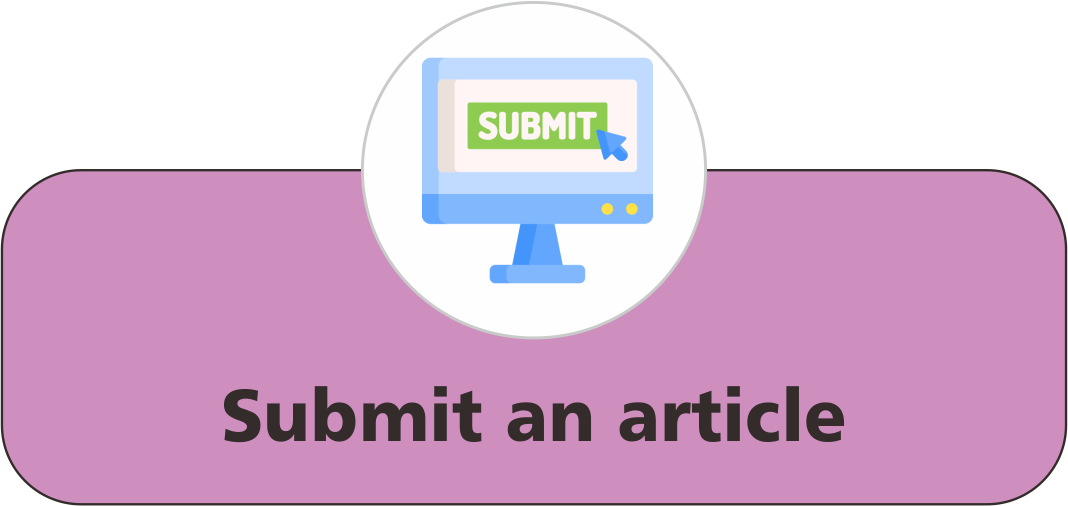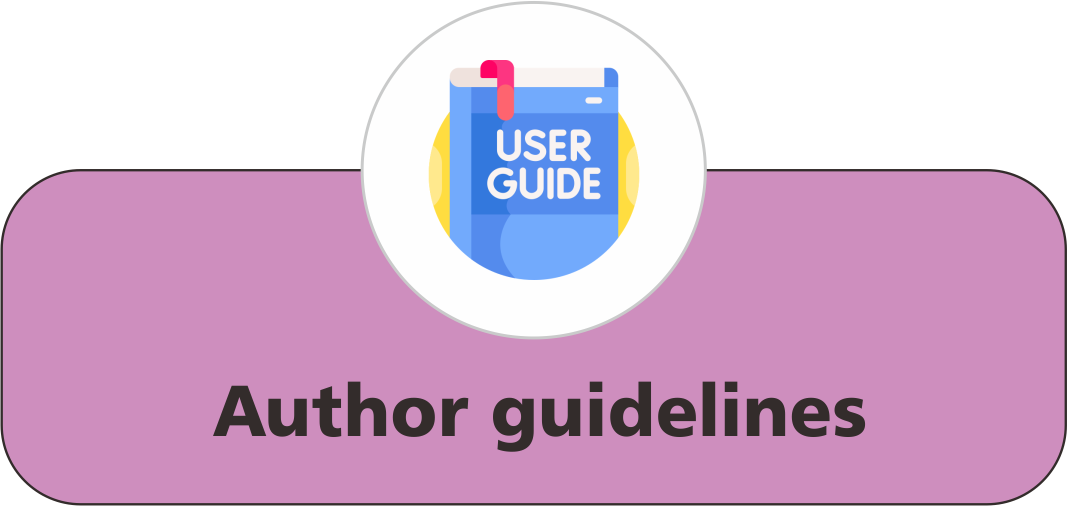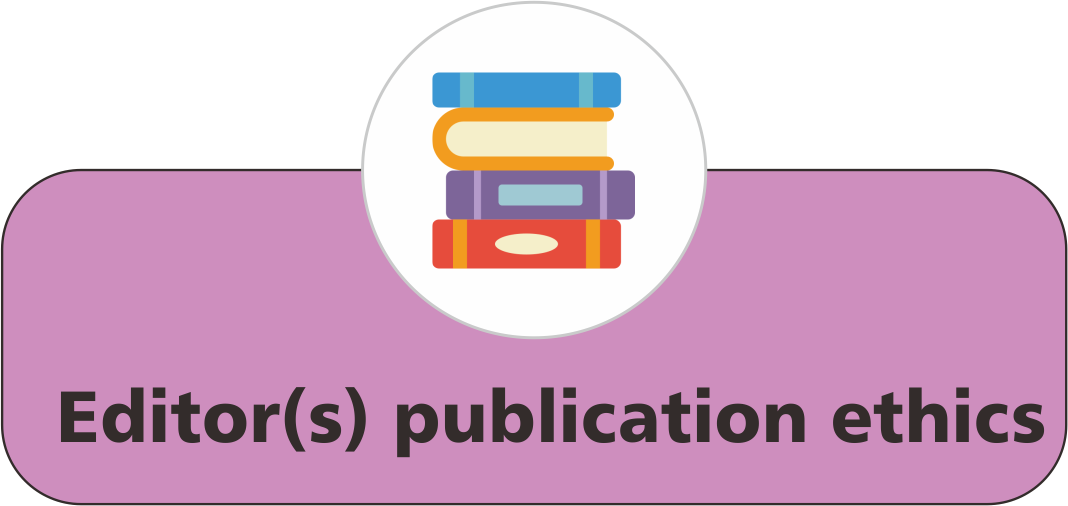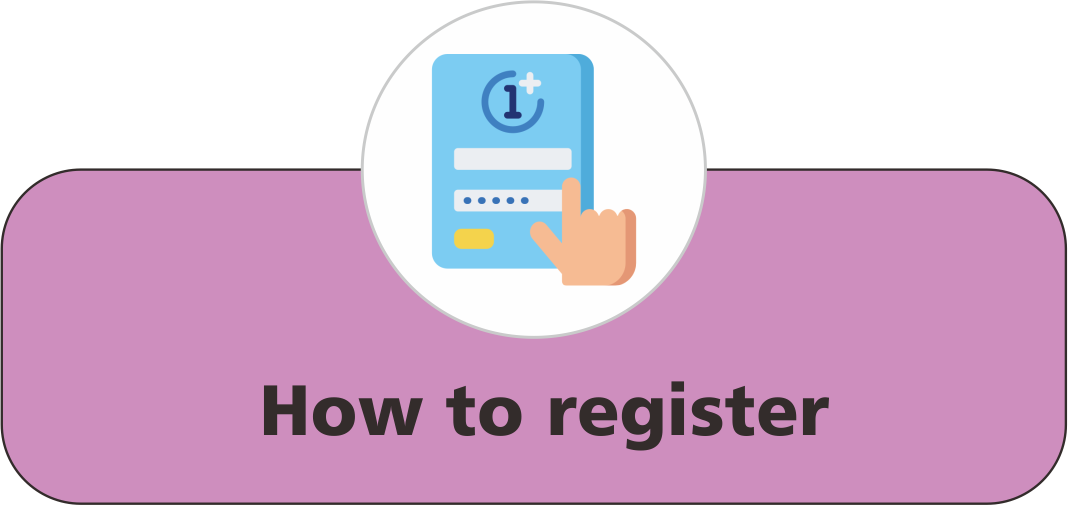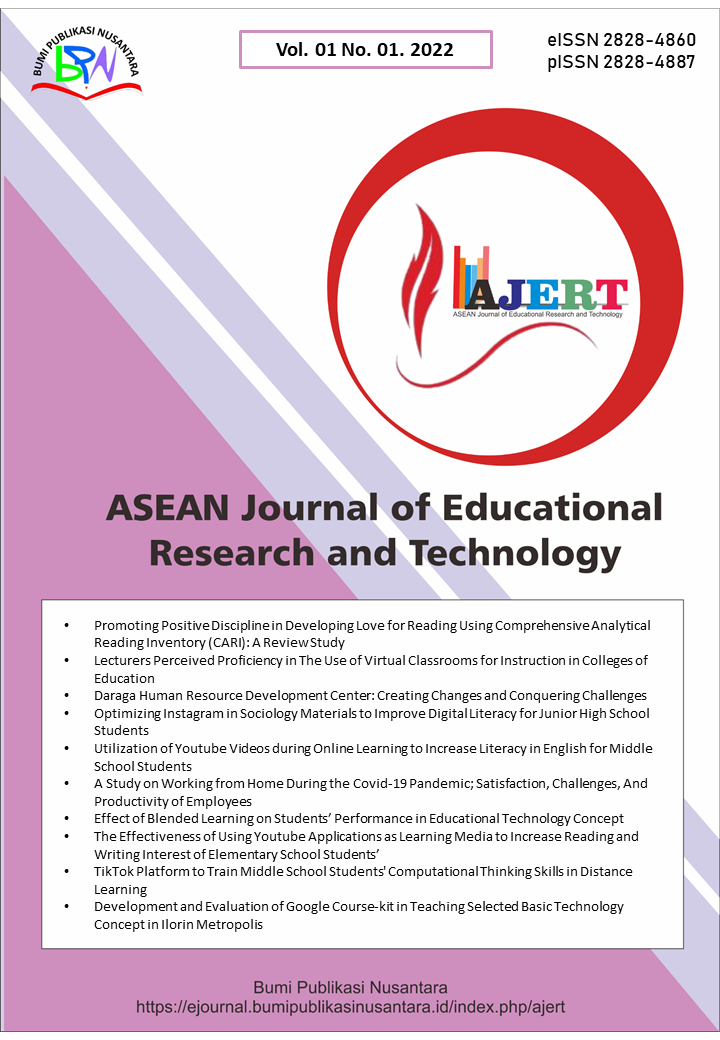Exploring the Impact of Online Education on Higher Education
 ), J. Krishnaiah(2), G. Durgesham(3), Noor Shaba(4), Syeda Akhtar Begum(5), Nazneen Fatima(6), Y. Madhuri(7),
), J. Krishnaiah(2), G. Durgesham(3), Noor Shaba(4), Syeda Akhtar Begum(5), Nazneen Fatima(6), Y. Madhuri(7),
(1) University College of Education, Osmania University
(2) University College of Education, Osmania University
(3) University College of Education, Osmania University
(4) University College of Education, Osmania University
(5) University College of Education, Osmania University
(6) University College of Education, Osmania University
(7) University College of Education, Osmania University
 Corresponding Author
Corresponding Author
Abstract
Keywords
References
Anh, D.H.M. (2022). Factors affecting satisfaction on online education on students digital teaching page in Ho Chi Minh City, Vietnam. Indonesian Journal of Multidiciplinary Research, 2(1), 179-186.
Knightley, W. M. (2007). Adult learners online: Students' experiences of learning online. Australian Journal of Adult Learning, 47(2), 264-288.
Llupar, M.L., Malones, L.J.L., Sombria, A.J.F., and Calixtro, V.L. (2022). Development of folk-dance videos for e-learning. Indonesian Journal of Teaching in Science, 2(1), 1-6.
Means, B., Toyama, Y., Murphy, R., and Baki, M. (2013). The effectiveness of online and blended learning: A meta-analysis of the empirical literature. Teachers College Record, 115(3), 1-47.
Morze, N., Varchenko-Trotsenko, L., Terletska, T., and Smyrnova-Trybulska, E. (2021). Implementation of adaptive learning at higher education institutions by means of Moodle LMS. Journal of Physics: Conference Series, 1840(1), 012062.
Phanse, S. (2021). The online education impact on students during covid- 19 pandemic. Indonesian Journal of Teaching in Science, 1(2), 137-140.
Article Metrics
Abstract View : 3292 times
: 3292 times Download : 1773 times
Download : 1773 times
Refbacks
- There are currently no refbacks.
Copyright (c) 2023 Bumi Publikasi Nusantara

This work is licensed under a Creative Commons Attribution-ShareAlike 4.0 International License.

